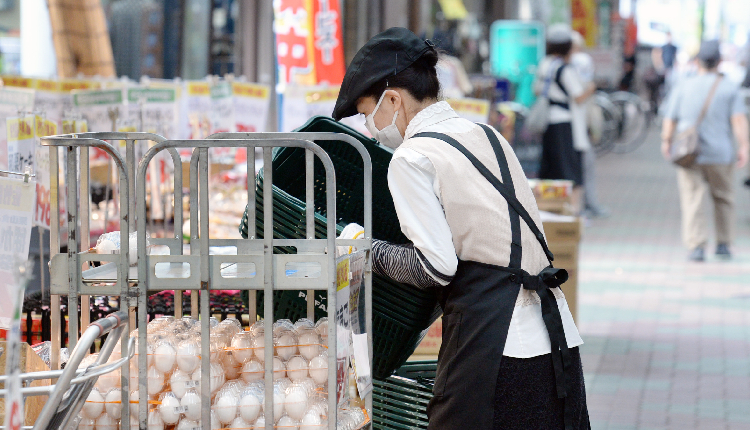Japan’s real wages continues downturn despite record pay raise
Japan’s real wages have fallen for a record 26th month in a row, despite the highest wage increase in over 30 years. In May, real wages dropped by 1.4 per cent, following a 1.2 per cent decrease in April.
This continued decline is attributed to rising import costs due to a weaker yen and higher material costs, data from the Ministry of Health, Labor and Welfare announced on Monday.
Even with the Japanese Trade Union Confederation securing a record 5.1 per cent average wage increase in spring negotiations, inflation continues to erode gains.
Nominal wages, or total cash earnings including base salary and overtime, rose 1.9 per cent to 297,151 yen ($1,850), marking the 29th consecutive increase and the highest since June 2023.
However, consumer price index growth, used to calculate real wages, remains well above the Bank of Japan’s (BOJ) two per cent target, reflecting higher food and utility costs.
“Nominal pay looks set to increase in the future due to the effects of salary hikes, but without an easing off in price rises it’s hard to see real wages turning positive,” stated a labor ministry official.
Economists caution that weak consumer spending may continue unless real wages increase. The BOJ’s monetary easing policy aims to boost inflation and wages, but striking this balance is proving difficult.
Excluding bonuses and irregular payments, average wages increased 2.5 per cent to 263,539 yen, the highest since January 1993. Overtime and allowances rose 2.3 per cent to 19,441 yen.
Full-time worker wages grew 2.1 per cent to 378,803 yen, while part-time workers saw a 3.2 per cent increase to 108,511 yen. Average monthly working hours also rose slightly by 1.2 per cent to 137.1 hours.
The construction sector witnessed the most significant wage increase at 7.2 per cent, while “compound services” like postal services saw the steepest decline at 6.3 per cent.
Attribution: The Nikkei Asia


